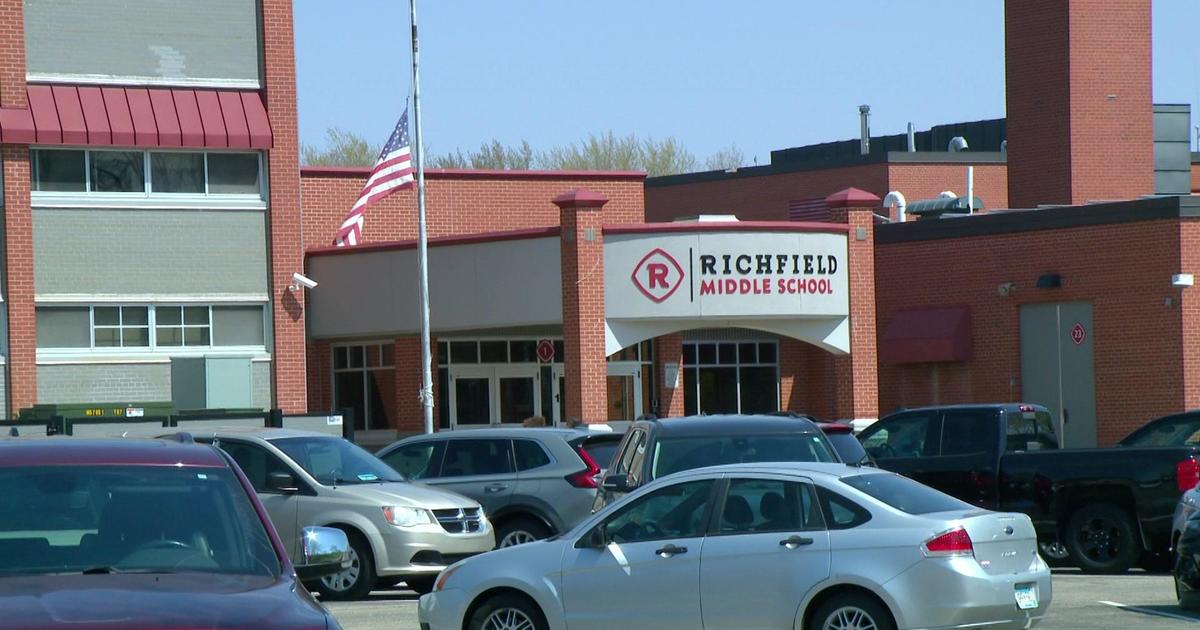House committee advances "universal school meal" bill, providing breakfast and lunch at no cost to all students
ST. PAUL, Minn. -- A Minnesota House committee on Wednesday advanced a proposal that would provide breakfast and lunch at school free of charge for all students, making permanent a pandemic policy that advocates cheer as a solution to reducing child hunger.
"This is the way to make sure that kids are fed," Colleen Moriarty, executive director of Hunger Solutions Minnesota, told lawmakers. "We don't ask children to pay for a ride on the bus. We don't ask them to pay for a lot of things, and a meal should be one of the things that they can count on."
A COVID-era rule in place the last few years gave schools the flexibility to offer free meals to everyone. But those provisions have expired this school year, reinstating a system that determines students' eligibility for free or reduced-priced meals based on family income or if they are enrolled in other need-based programs.
DFL lawmakers, now with legislative majorities, want to reinstate free breakfast and lunch for all, especially as the costs for food, fuel and so much more are high. Data from Hunger Solutions Minnesota, a nonprofit working to end hunger in the state, shows one in six children who live here experience food insecurity—and 25% of them don't qualify for the federal school meal program.
Amber Lightfeather, a parent of five children in Duluth, told the committee she makes "just enough" money not to qualify for the federal program based on income, so it costs her $251 per month for her family to get regularly priced lunches at school.
"When the kids had free lunch during the pandemic, that was such a relief off my shoulders and they had such good food," she said.
A previous version of the bill put the price tag at $185 million per year with expected funding boosts needed each biennium, plus more if free breakfast is included. California, Maine and Colorado have taken similar steps, according to the National Conference of State Legislatures.
Rep. Peggy Bennet, R-Albert Lea, raised concern about the ongoing cost for universal meals, noting a budget surplus today could be a budget deficit in the future.
"We want children whose families cannot afford to feed them to have lunch or breakfast," she said. "The issue is the solution we're providing is shotgun technique instead of a surgical approach."
A Republican amendment to change the income limits, but that set a cap on who would qualify, did not pass.
Under the proposal, the state would cover the difference of what is not reimbursed to schools by the U.S. Department of Agriculture program. If a student brings lunch, that person would not be included in that amount, said Rep. Sydney Jordan, DFL-Minneapolis, the bill's author.
Supporters of the proposal would ensure students can focus and thrive in school.
"What would you rather we spend our tax money on?" Mandi Jung, a 7th-grade teacher in St. Paul told the committee. "We have a moral imperative as a society to take care of our most vulnerable community members and sometimes that shows up as a carton of chocolate milk, 14 baby carrots and a grilled cheese sandwich."




